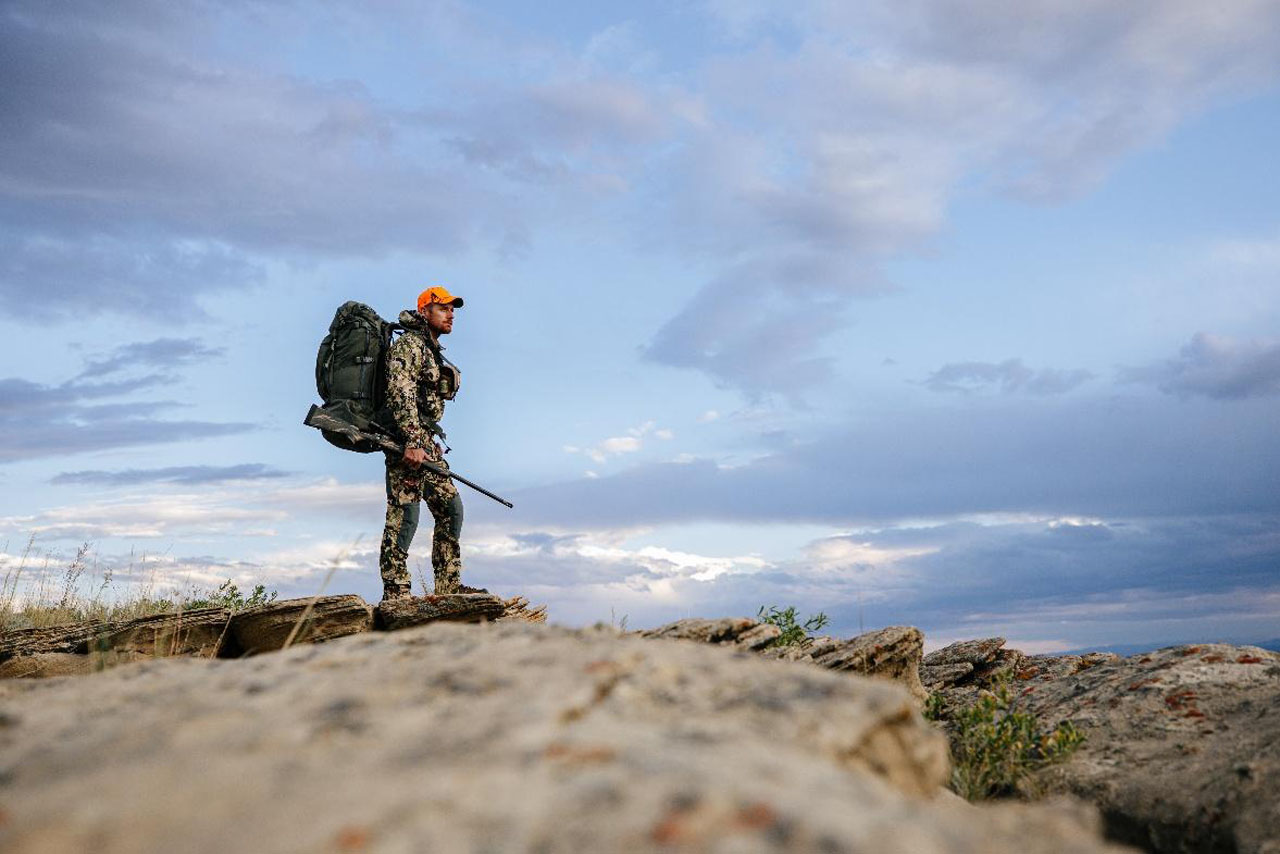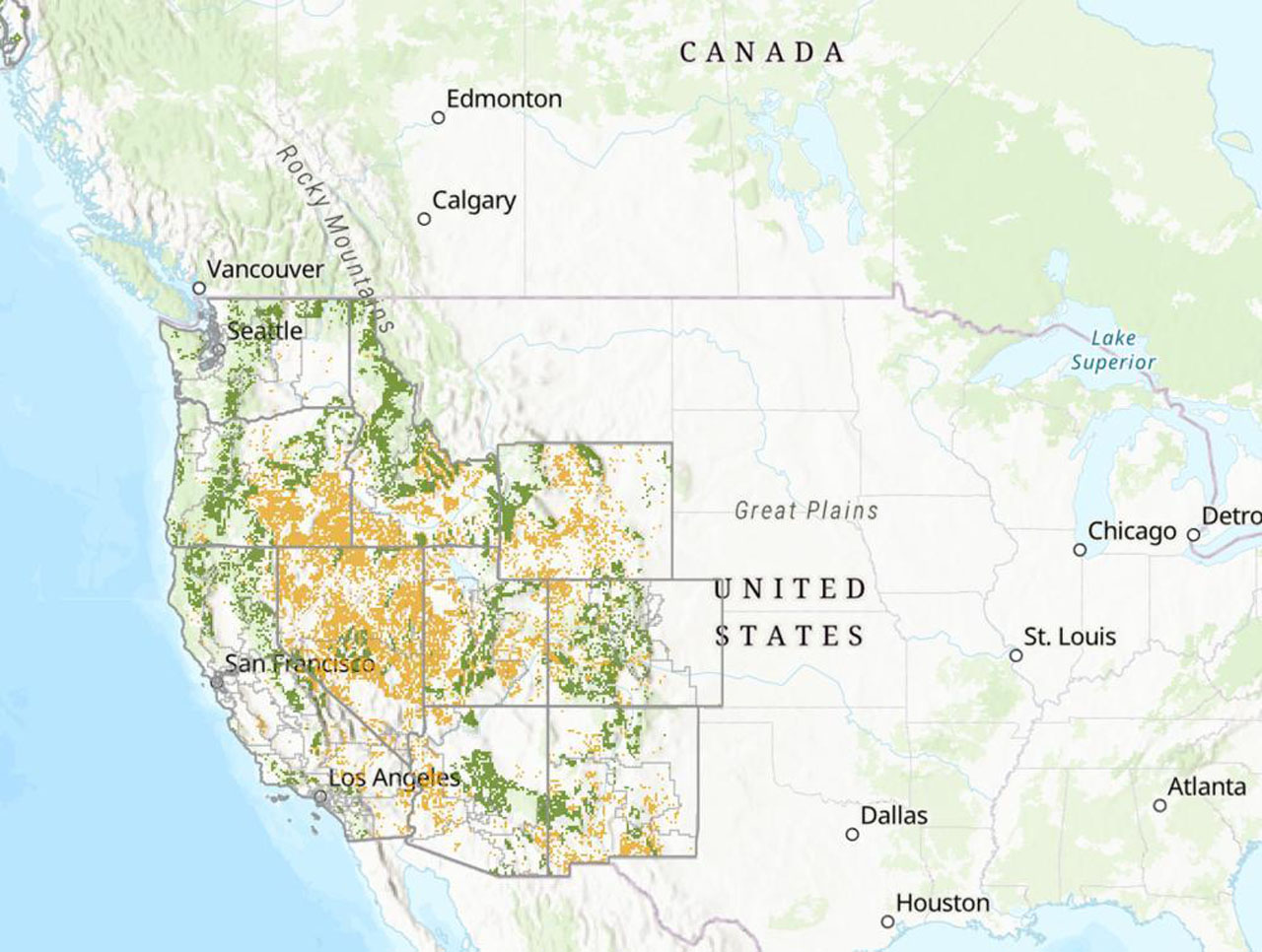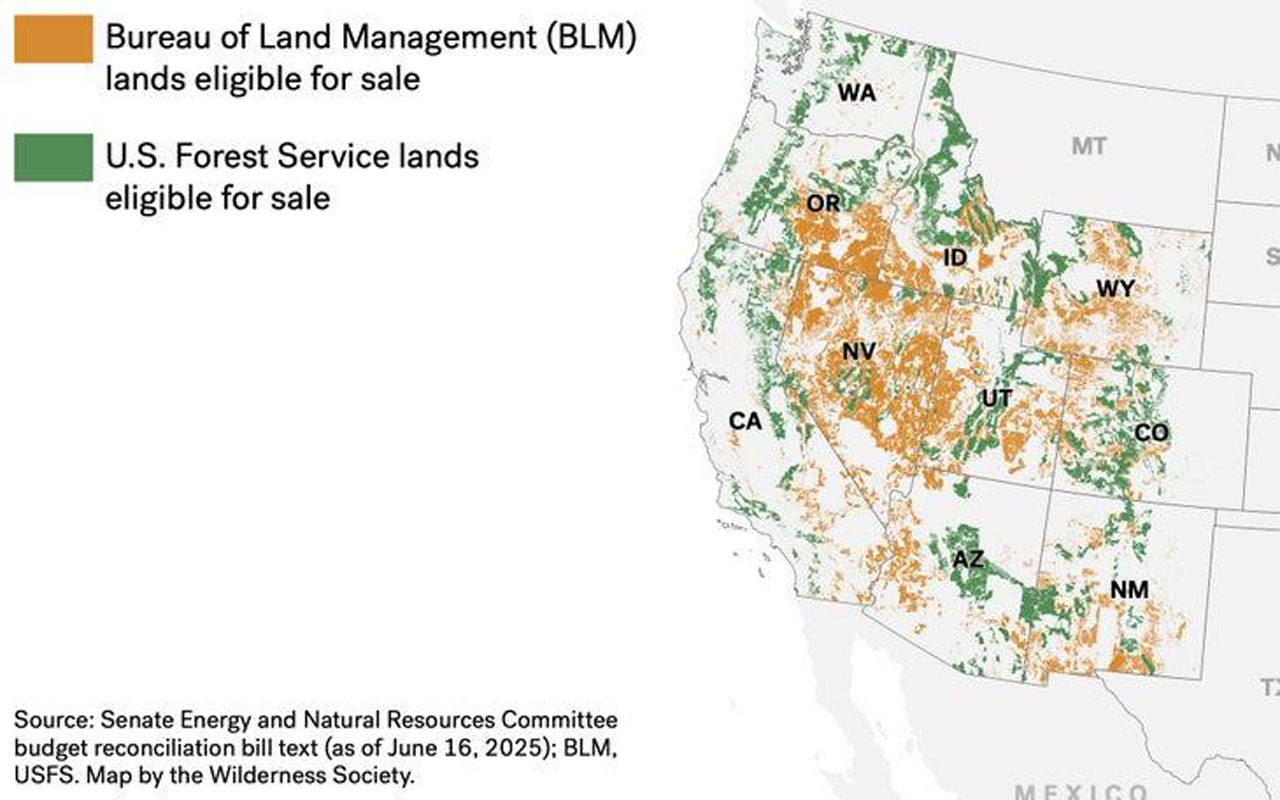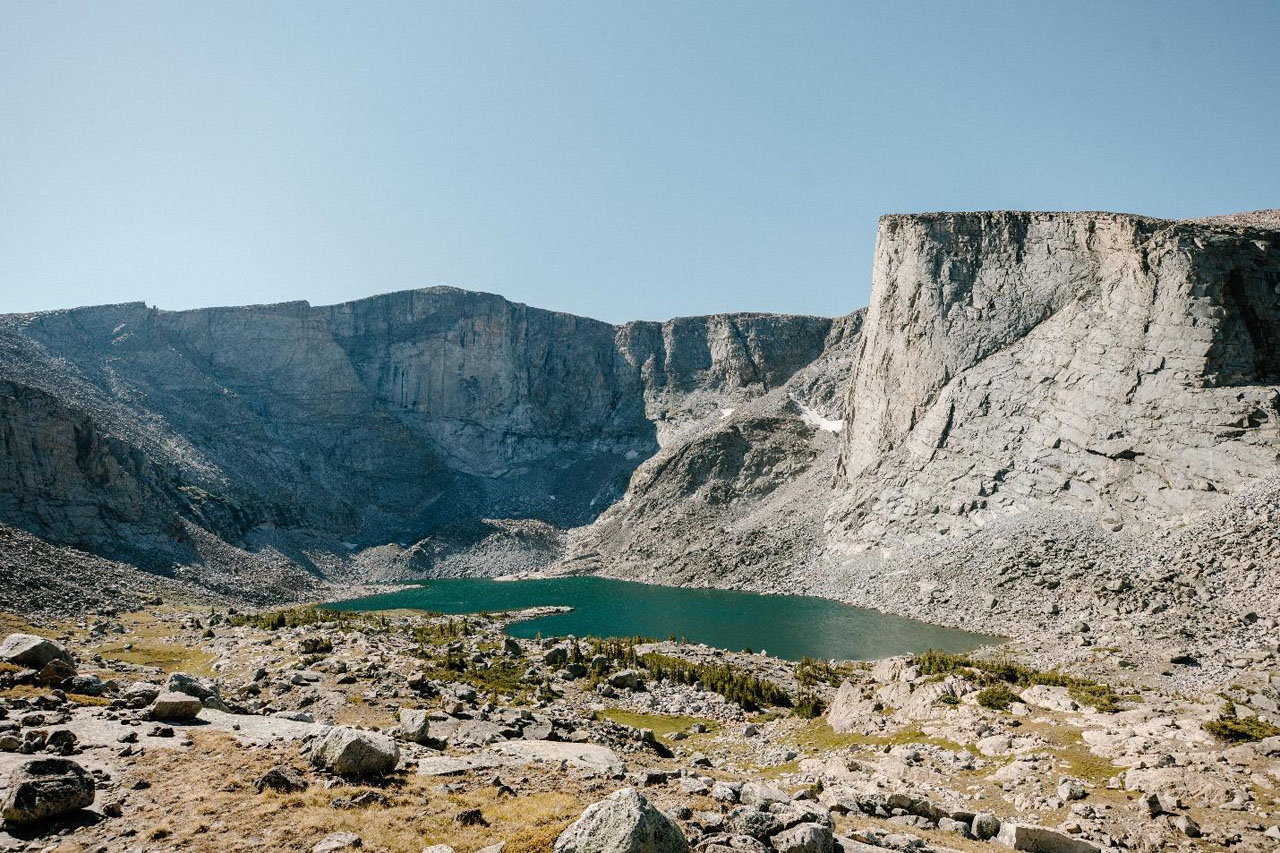We Kept It Ours: A Big Win for America’s Public Lands
I grew up camping and fishing on land I just thought of as out there. We never called it “public land” or thought much about who owned it. We just knew you could drive down a two-track, pitch a tent by a creek, and wake up with frost on your sleeping bag.
A memory I’ll never forget is waking up next to my brother, the sound of the tent door zipper, and seeing my dad standing in the mesh porch with a cup of hot coffee steaming as the sun was just barely lighting up the valley. He silently signaled to stay quiet, then pointed out to the herd of elk grazing through our campsite. I was probably eight years old at the time.
Just thinking of this brings some emotion because it’s exactly the kind of experience our public lands offer. It wasn’t just saved for wildlife conservation - it was saved for everyday Americans to camp, hike, hunt, fish, kayak, climb, ski, etc.. I was eight, innocent minded, and I just loved camping with my family. That’s what we did for vacation. We left our country house in a small Midwest town to travel west into the Rockies - because it was affordable, a release from the everyday grind for my parents, and a place that obviously provides lifelong memories.

Back then, it never crossed my mind that someone might try to sell it off. I figured it would always be there. But this year, that nearly changed.
Now let’s get this straight - I’m not against using resources. I’m a conservative, and I believe our country should develop what we’ve got. Timber, minerals, oil - those jobs put food on the table and keep business here in America. But there’s a big difference between managing land wisely and handing it over to the highest bidder.
Let’s be real: this land isn’t going to end up with some working family hoping to build a small place to call home. It’s going to get scooped up by big developers, foreign investors, and giant companies that couldn’t care less if regular folks ever set foot there again.
What makes America unique is that this land belongs to all of us. You, me, the guy down the road, the kid growing up in an apartment who dreams of hunting elk one day. No membership required. No special permission. You just show up. That’s why people of every stripe - old ranchers, hunters, and yes, the granola munchers and tree huggers - came together on this. It’s one of the few times I’ve seen nearly everyone agree: once this land is sold, it’s gone forever.
And here’s the good news—this time, we stopped it. That’s the power of bipartisan cooperation. We ALL spoke.
Enough of my opinion, let’s discuss what went down.
Here’s a summary of what was at risk - how much land and where, and a map to help you see it all:


What Was on the Chopping Block
- 2–3 million acres were slated for mandatory sale over five years, via Secretary-approved auctions under a Senate reconciliation provision newsweek.com+3westernwatersheds.org+3townlift.com+3apnews.com+14wyofile.com+14wsj.com+14.
- The proposal targeted lands managed by:
- Bureau of Land Management (BLM)
- U.S. Forest Service (USFS)
- Included states: 11 Western states + Alaska, covering lands across Wyoming, Utah, Colorado, California, Idaho, Nevada, New Mexico, Oregon, Arizona, Washington, and Alaska deseret.com+7washingtonpost.com+7deseret.com+7outdooralliance.org+4experience.arcgis.com+4wyofile.com+4sfgate.com+2snowbrains.com+2washingtonpost.com+2.
The initial version covered 120 million eligible acres, but later revisions expanded that to over 250 million acres that could be nominated for sale westernpriorities.org.
A maximum cap of 3.3 million acres was floated in some drafts—roughly 0.5–0.75% of BLM and Forest Service lands newsweek.com+6snowbrains.com+6deseret.com+6.
Some maps showed up to 300 million acres could be at risk—encompassing trails, wildlife habitat, climbing routes, and rivers.
Why It Mattered
| Factor | Details |
| Scale | Selling even a few million acres amounts to the largest federal public land sale in modern history townlift.com+14fastcompany.com+14wilderness.org+14. |
| Land types at risk | Included recreation areas, wilderness study zones, roadless areas, migration corridors—not just isolated blobs. |
| Removal from oversight | Map data highlighted Forest Service lands in green and BLM lands in yellow across the West—often not near cities. |
| Who stood to gain | Likely large developers, wealthy investors, and corporate interests—not working families. |
How We Blocked It
- The provision came via the Senate reconciliation bill, which bypasses filibuster and only needs 51 votes—making it easy to slip in big changes outdoorlife.com+3wsj.com+3townlift.com+3.
- It was officially struck down by the Senate parliamentarian for violating reconciliation rules (the Byrd Rule - basically stating that you cannot stuff unrelated policy changes into reconciliation)—the land sales were deemed policy, not budget-focused fastcompany.com+13apnews.com+13wsj.com+13.
- Public backlash from hunters, anglers, ranchers, hikers, and even some GOP members helped create political pressure to kill the provision wsj.com.
Bottom Line
- Millions of acres were nearly sold off—some drafts spoke of up to 3.3 million, while maps showed 250–300 million acres eligible.
- Public land across the West—including iconic forests, trails, and wildlife areas—was on the table.
- Because everyday Americans spoke up—and even a few lawmakers did too—that provision got removed.
- It proves that our voices work. When hunters, hikers, ranchers, and climbers got loud, Congress took notice.
God Bless America
